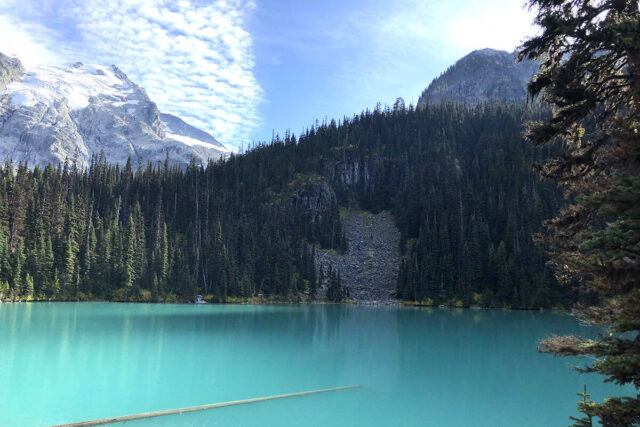The BC government says it’s ending the provincewide state of emergency that was imposed last month following advice from wildfire and emergency management officials. The province says the wildfire risk is diminishing in much of BC as temperatures cool, allowing more residents to return home after their properties were placed on evacuation orders. Bowinn Ma, BC’s minister of emergency management, says while the provincial state of emergency is no longer required, the wildfire season isn’t over and many communities still have local states of emergency. The declaration was initially made on August 18th and was later extended, and more than 70-thousand people were on evacuation order or alert during the peak of the wildfire situation.
The Yukon government says its official website is back online after a cyberattack took it down on Thursday. The territory’s official website was one of four that went down across the country along with Manitoba, Nunavut and Prince Edward Island. The governments of Prince Edward Island and Yukon say their sites went down due to denial-of-service attacks, where websites are overwhelmed with traffic to the point of crashing. Manitoba’s government says it was a network and server issue, but the cause of Nunavut’s site going down is unknown. Yukon says it got its website back online Thursday afternoon, but other sites operated by the territorial government were not functioning as IT professionals worked to resolve internal systems issues.
The BC government says it’s reached an agreement with the Lil’wat (lil-watt) Nation and N’Quatqua (ne-qwa-qwa) First Nation to reopen Joffre Lakes Park. The province says the park will be open again for public access on Tuesday but won’t be open on September 30th for National Day for Truth and Reconciliation. The province says park access will require day-use passes until October 9th, and the camping season will come to a close in mid-November. Chris Wells, the Lil’wat’s acting chief, says the nation is grateful for the government’s attention after the park was shut to the public to support Indigenous harvesting activities.
The shishalh (see-shelt) First Nation says it wants to build a new water reservoir in the face of BC’s drought emergency, and it has local governments on board with the plan. The nation says water shortages and restrictions have prompted it to collaborate with the Sunshine Coast Regional District, the District of Sechelt, and the Town of Gibsons to build a new reservoir on its lands. It says the proposed reservoir will be on an existing mine site with minimal impacts, capturing water during the region’s short rainy season in the winter, to be utilized in the summer and fall months. The nation says it could start building immediately if it gets funding and have water ready for next summer, with plans to meet provincial and federal government officials to get the project off the ground.
BC’s housing minister says the federal government’s move to waive GST on new rental construction projects is a big step toward improving housing affordability. Ravi Kahlon says he’s thankful to the Canadian government for answering BC’s call to remove the tax on new purpose-built rentals, calling it a “significant step.” Kahlon says he implored the former federal housing minister to make the move this summer, and past housing ministers have urged the move consistently before he took on the portfolio. Kahlon says removing the tax on new rental construction is a crucial step in the face of high interest rates and increasing building costs, which make it hard to meet housing demands as the province’s population rapidly grows.
An environmental advocacy group says athletic retailer Lululemon is missing out on a chance to help fight climate change by continuing to use coal in its manufacturing practices. Advocacy group Stand.earth says it held an event in Vancouver Thursday where it invited the company’s CEO Calvin McDonald to commit to renewable energy sources, but representatives from the company didn’t show up. Stand.earth says Lululemon prioritized profits over the environment, ignoring a 50-thousand-signature open letter imploring the company to quit using coal and make its products with clean, renewable energy. Former Vancouver mayor Gregor Robertson says much of the company’s products are manufactured in factories powered by highly polluting coal, which is worsening climate change and Lululemon should be a leader in clean energy.


